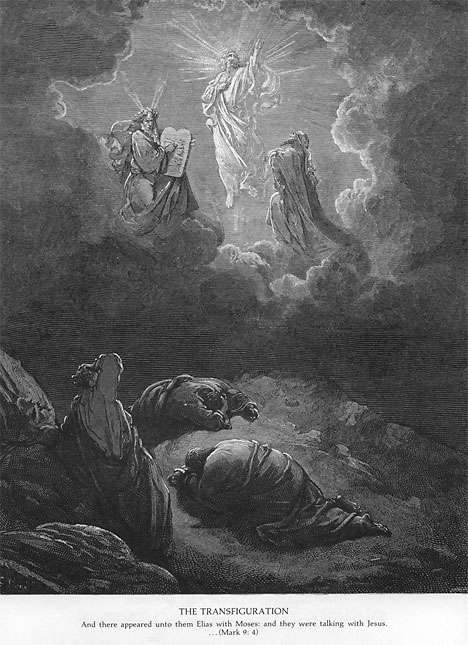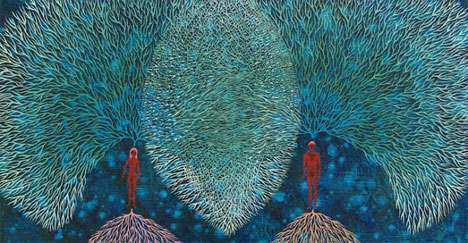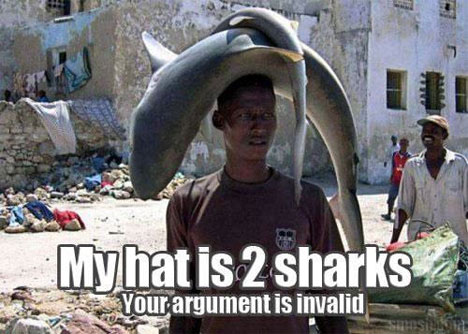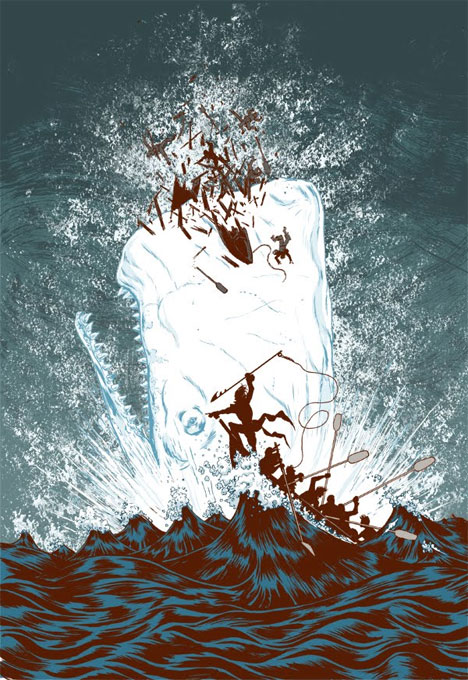Augustine and the Roots of Hermeneutical Maximalism
 From Steve Jeffery’s blog:
From Steve Jeffery’s blog:
Augustine has some frankly astonishing things to say in his On Christian Doctrine about how to understand the Bible.
Here he is explaining how we should go about the task of studying Scripture:
Continue reading
Fulfilling the Law
“The Sabbatarian vision is too small. This is why Paul chides the Galatians for observing ‘days and months and seasons and years.’ The Sabbath, along with the Torah administration as a whole, belonged to the stoicheia, the “elements of the world,” the things that constituted the first creation.”
Apologetics Myths
Here’s some wisdom for witnessing from Chris Wooldridge (reposted with permission):
I have recently been reading Cornelius Van Til’s “Christian Apologetics” and it has really got me thinking about how the Church ought to be interacting with the world on some of today’s hot topics. I think all too often we are prone to affirming certain parts of the secular worldview without properly considering the consequences. So here are five things which the good Christian apologist should never agree with the secularist about. There are probably many others, but here are just a few. Continue reading
Internal Law
“To have a God-given internal moral compass is to have God Himself.”
Maturation is the process of making God’s “external law” into our internal law, our operating, animating principle. This has huge implications for sanctification, but it also explains a lot of what is going on in the Bible’s symbolism and architecture.
[This post has been refined and included in Sweet Counsel: Essays to Brighten the Eyes.]
Continue reading
Maturity, Not Merit
“What we have received from Jesus is not a collection of ‘merits,’ but rather His maturity.”
James B. Jordan writes:
The problem with the “covenant of works” notion lies in the fact that it is linked up with merit theology. There is no merit theology in the Bible. Merit theology is a hangover of medieval Roman Catholicism.
A Culture of Offense
Alastair Roberts has some wise things to say about rational public debate on important issues being hampered by the new culture of “tolerance.” Of special interest to me are his observations concerning the nature of the recent spat involving Doug Wilson, Jared Wilson and Rachel Held Evans. I have had similar experiences in online discussions. I’m relying on and presenting facts and somehow the other side is irate that facts are being presented. And the fact-free, vitriolic, ad hominem comebacks would make my hair curl if I had any.
Do Not Weep
The Unexpected Luck of Widows’ Sons
A guest post by Luke Welch.
I’ve been reading The Hobbit again, out loud, to our children, and this time through, one phrase in the first chapter caught my attention.
The Eye of Sound
Holistic Impression
On the shape of biblical language, John Breck writes:
How are we to read the Bible?
The question invites a reply that expresses an attitude: we should read it with respect, with devotion, with curiosity, perhaps even with awe. Certainly these are appropriate responses. Our concern in this present study, however, is not with attitudes but with the approach we use.
The Power of Symbol
Auden on Melville
Because all of Creation is arranged “Covenantally,” order is achieved through relationships. There are natural relationships and spiritual relationships.
The Son and the Spirit communicate truth to us using symbols. Symbols themselves are relationships. God uses natural relationships to describe spiritual relationships. Natural sonship (objective, hereditary) is to become spiritual sonship (subjective, voluntary). Our children represent us physically, but we train them to represent us, and our God, spiritually. An ambassador must at the very least speak the language of the nation he represents.
Rebellious sons are still bound by the relationships created by God. The worst that godless actions can achieve in the long run is to throw the Law of God into relief, vindicating that thing exactly which they set out to destroy. Even in the negative, man is the image of God.































